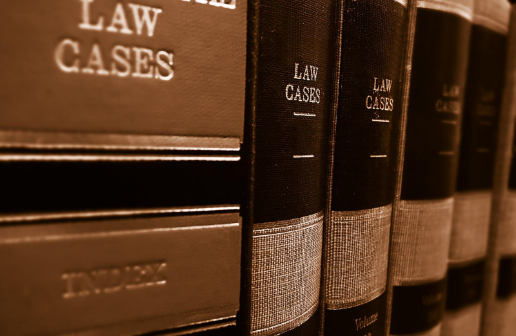2017

How Does Filing For Bankruptcy Affect Student Loans?
Student Loan Lawyer / 0 Comments /
If you’ve been struggling with debt, you may wonder what options are available to you. Negotiating with creditors and consolidating debt are common first steps in getting your finances back under control, but when debt becomes overwhelming, you may look to bankruptcy as a solution. If you are considering filing for bankruptcy and want to know how it could impact your student loans, you may want to talk with a student loan bankruptcy lawyer.
Before filing, it’s important to know that student debt is not typically discharged through bankruptcy. If you want the courts to consider discharging your loans, you’ll have to file a separate action called an “adversary proceeding” after you file for either Chapter 7 or 13 bankruptcy. Once your lawyer files the action, the court will determine whether your situation is one of undue hardship. If the judge decides in your favor, your loans may be discharged.
How is Undue Hardship Determined?
Undue hardship is determined on an individual basis after taking all the details of your case into consideration. The Federal Student Aid office lists the criteria that may be considered:
- If forced to repay the loan, you would not be able to maintain a minimal standard of living.
- There is evidence that this hardship will continue for a significant portion of the loan repayment period.
- You made good faith efforts to repay the loan before filing bankruptcy.
In addition, earning a low wage or carrying considerable medical debt may increase the likelihood of meeting the criteria for undue hardship.
Loans for For-Profit Schools
You’re more likely to have your student loans discharged through bankruptcy if they were used at a for-profit school that engaged in deceptive practices or broke your contract. If this happened to you, your student loan lawyer may be able to get your loans discharged or reduced.
Should Your Lawyer File an Adversary Proceeding?
While it’s uncommon for student loans to be impacted through bankruptcy, if the judge does rule in your favor, your loans could be either fully or partially discharged or the terms may be renegotiated—possibly resulting in a lower interest rate.
If any of these situations apply to you or if you want to learn more about how bankruptcy could affect your student loans, call (215) 307-3939 or contact us here to speak with one of our attorneys.




No comments so far!
Leave a Comment